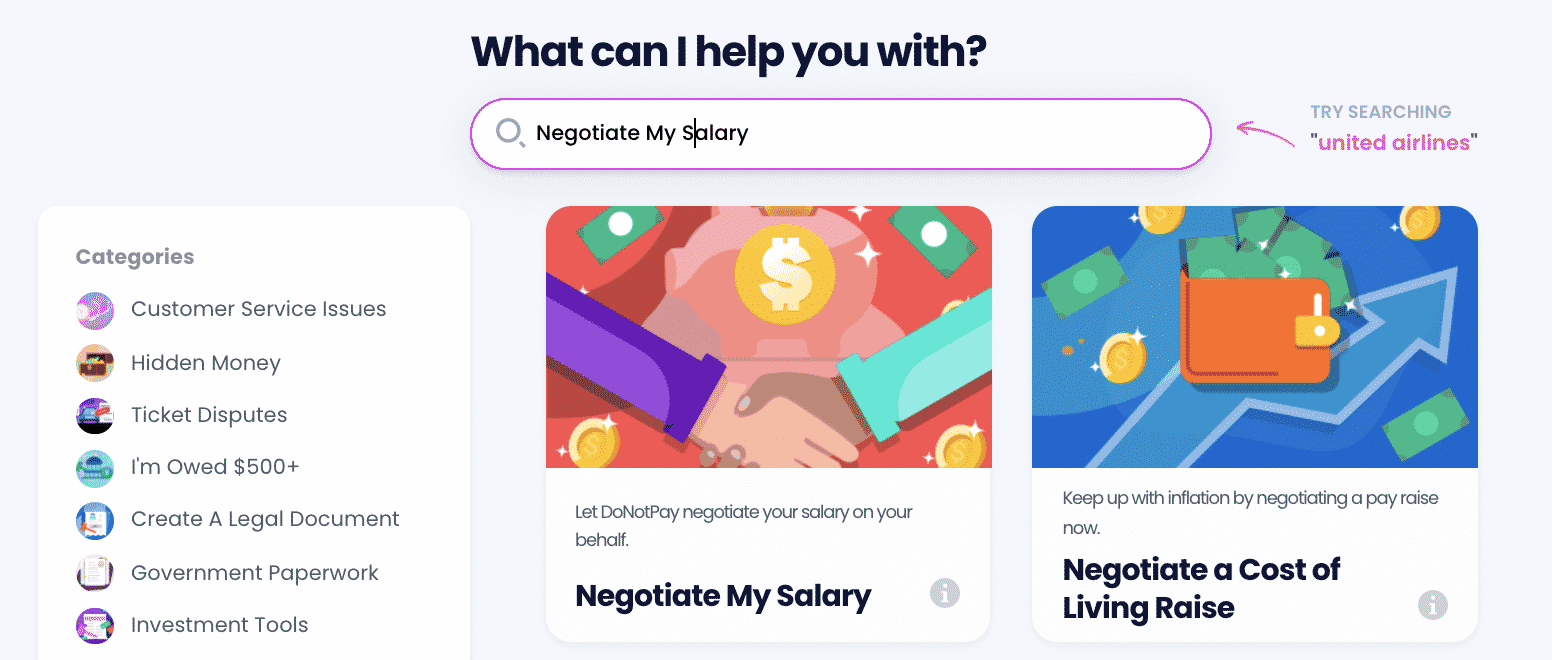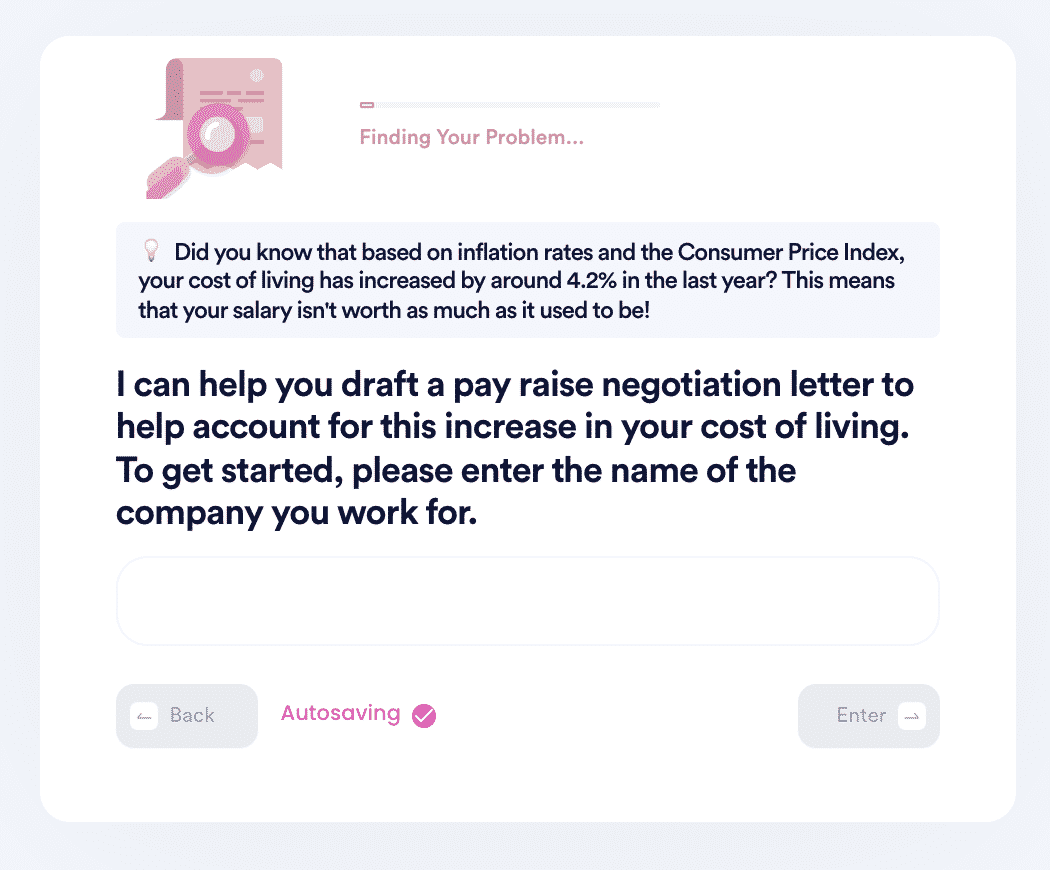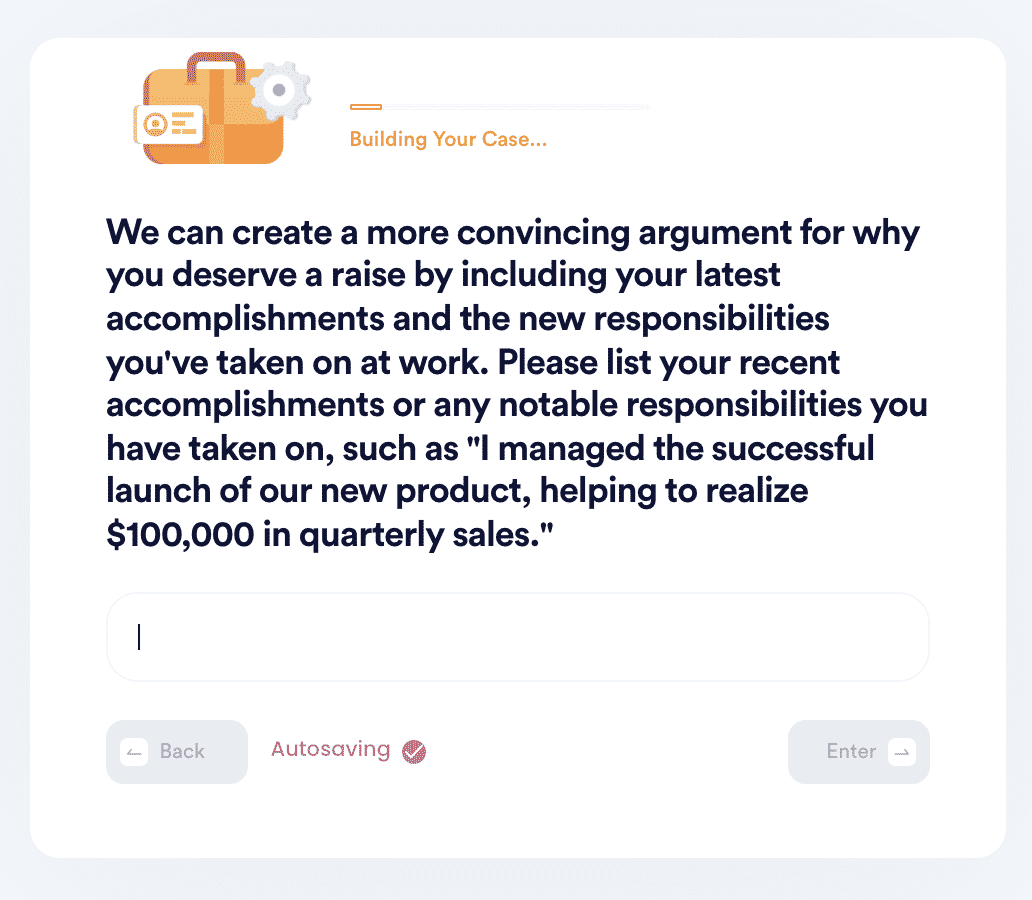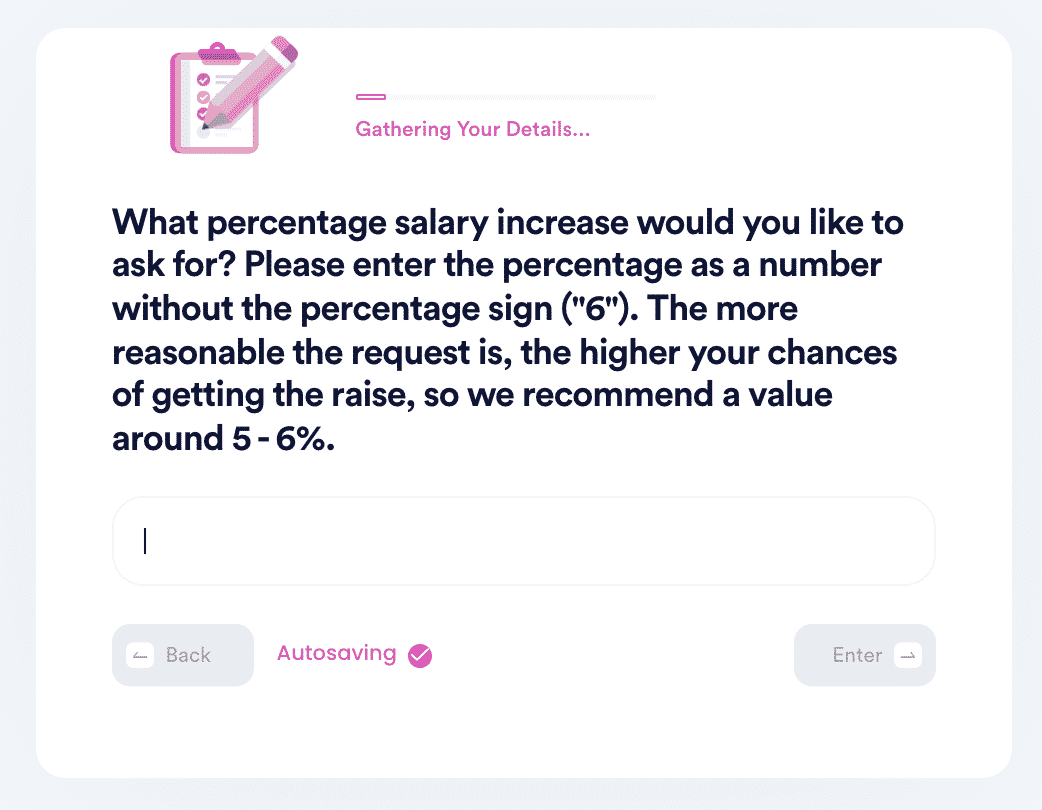Should I Put "Negotiable" for My Desired Salary?
It's always rewarding to set career goals, and it's even more rewarding to experience the satisfaction that comes from actually achieving those goals. Being able to gain experience, contributing to a job you love, and feeling that you're receiving fair compensation for your talents and energy, often motivates you to strive to be an even better employee.
To begin climbing the ladder of success, you may be wondering, "Should I put "negotiable" for the desired salary?", when applying for a job or sending in a resume. Thankfully, is here to help you answer that question and many more, as you develop a strategy to accomplish your goals.
When Should You Get a Raise?
There are certain circumstances under which you may discover you have an increase in leverage to help you get a raise. Some of these circumstances include:
- Taking on more responsibility in your current position.
- Finishing a higher level of education (which helps increase your value to a company).
- Applying for a job being offered by a company different than your current employer.
- Deserving a merit increase for consistent, good performance over an extended period.
- Significant inflationary spikes increase the cost of living.
If one of these scenarios applies to your particular circumstances, most employers would probably agree that is reasonable.
How to Ask For an Increase in Salary
Of course, how you try to negotiate for a better salary will likely depend upon which of the above-mentioned scenarios is your current experience. Asking for a raise because you finished your degree may require a different series of steps than, say, how to state your requested pay in an application. Nevertheless, the first step in determining how to get that coveted raise is to take some time and organize your thoughts as to all the reasons why you deserve a raise.
If you're trying to negotiate a bigger salary and an employer asks why you deserve such an increase, if your only response is a vague comment about "wanting more money", most employers won't value such a vague response.
The more reasons you can provide to a current or prospective employer as to why you deserve a bigger paycheck, the less room they'll have to deny your request.
If you're trying to get an , then create a list of reasons that describe how you truly are deserving of additional pay. Your list may include items such as:
- Research shows your new degree is in great demand with other employers, and they're paying more to hire people with your advanced education.
- Several additional responsibilities have been added to your duties, and you're able to provide measurable proof that your company is benefiting from your additional efforts.
As you create your list, you may need to learn what other employers are paying in your area. In other cases, you may need to research inflation rates, (e.g., how long they've been increasing, future increase projections).
Practice, Practice, Practice
Once you develop a list of reasons as to why you deserve a requested salary on an application, you may want to consider role-playing the interview process or your annual performance evaluation with a friend or a family member. Practicing how to sell the idea that you deserve more, will help you feel more comfortable when you're in the actual situation of trying to justify your salary requirements.
How Much of a Raise Should You Expect?
Once again, if you've done your homework, you should be able to get a good idea of what local employers are paying, or what people with your level of experience and education are receiving in terms of compensation. One really good way to negotiate is to show flexibility in terms of what you want in return for your labor.
If you're looking for a new job and the company you're applying to states they want to know your salary expectations, simply list in your cover letter or resume a short statement such as:
- "Desired salary negotiable" or
- "Expected salary negotiable"
If you're serious about your worth as an employee and you know you won't accept a position that pays far below your salary expectations, you may want to include the salary range you desire. In this case, you could add a statement such as, "annual salary negotiable between $75,000-$90,000."
Is It Ok to Put "Negotiable" for Salary Requirements?
Sometimes you may come across a job opening online that doesn't state anything at all about salary requirements. In this case, you may be wondering, "Is it Ok to put "negotiable" for salary requirements?" If you've thoroughly read all the documentation for a particular job opening and there isn't any reference to the type of salary the company plans to offer, it's probably a good idea to avoid mentioning your salary requirements.
However, if the company does extend an interview to you, be prepared at that time to possibly discuss your salary requirements. Even so, it's best to let the company representative bring up the subject of compensation. Some companies don't want to discuss salary information until they've had prospective employees go through two or even three interviews.
What About When Applying Online or Filling Out a Paper Application?
Sometimes a company may ask you to fill out an application at an online kiosk right at their location, or a small company may simply give you a paper application. In these cases, you may wonder what to request for a pay rate on an application, or how to request your hourly pay when applying at an online kiosk.
Even with an hourly job, there may be room for negotiation. If you're applying online, you might only be allowed to enter an actual number for your desired rate. As you're filling out the rest of the application, look for a comment section where you could elaborate further as to why you deserve better pay. If the online application doesn't allow further comments like this, you can always bring up your desired hourly rate if you get called in for an interview.
If you're filling out a paper application, you could pencil in an hourly rate range you'd be willing to accept. Be sure to back up your request by listing your previous experience and/or education that justifies your expected rate.
DoNotPay Uses AI to Help You Negotiate Salary and Get the Best Compensation
Whether you just received a new job offer, or you're trying to apply for a new job, you should use DoNotPay's AI Consumer Champion to negotiate salary on your behalf so you can get the best compensation possible.
Here's how DoNotPay works for negotiating your salary:
- Search "negotiate my salary" on DoNotPay.

- Enter the name of your company and the industry you work in, so we can find the right wage statistics for your role.

- Answer a series of questions regarding your qualifications and achievements, relocation expenses, and other job offers if applicable.

- Enter the new base salary you would like to request.

More Tips on How to Ask For a Raise
Here at DoNotPay, we're always on the lookout for ways to help you save money and earn more money as well. Whether you are a remote worker who has never met your employer face-to-face, or if you're an hourly worker working on location, we have lots of great tips on how to earn more money.
Check out some of our helpful tips below to start earning more today!
- How to ask for a raise in an email
- How to negotiate a bigger salary over the phone
- How often should you expect to get a raise?
- How to negotiate a bigger salary with a new employer through an email


